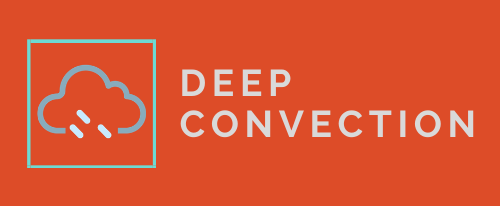
Rebecca Morss’ scientific credentials are impeccable – a PhD in atmospheric science from MIT, more than 20 years of experience at the Mesoscale and Microscale Meteorology (MMM) Laboratory at the National Center for Atmospheric Research (NCAR), and currently the Senior Scientist and Deputy Director of the center. But what really sets Rebecca apart is her focus on the intersection between scientific information and its use by people.
Rebecca is an expert in weather forecasting systems and risk communication, and she specializes in high-impact weather including hurricanes, floods, and tornadoes. Her research isn’t limited to the intricacies of weather phenomena and prediction, but extends to how forecasts are formulated, communicated, received, and acted upon. For Rebecca, science is not a solitary endeavor but a bridge that connects researchers, societal stakeholders, and policy-makers alike.
Despite the importance of weather predictions in preserving lives and property, ensuring that people understand these forecasts and know how to act upon them has often been overlooked and underfunded. In her conversation with Adam, Rebecca talks about how she has retained her unique identity as a physical scientist while navigating the challenges of this inherently interdisciplinary sphere:
“There’s a lot of counterincentives. I’ve been to workshops on interdisciplinary research […] in a variety of fields, and if you talk to professors at universities, even if they wanna do this, there’s so many barriers to doing it, there’s so many disincentives. The best way to get ahead if you’re in a research career is to publish a lot of papers and get a lot of citations. And the best way to do that is to do something that other people are doing, and to not buck the trend. It takes a lot longer to learn new things every time. People aren’t citing you if no one else is doing it.”
Adam’s and Rebecca’s discussion then pivots to two recent extreme weather events. First, Hurricane Ian, where an evacuation order delay resulted in tragic loss of life in Lee County/Florida. Second, the Marshall Fire of December 2021, a disaster that literally hit close to home for Rebecca. The fire ravaged her neighborhood in Boulder County, Colorado, coming perilously close to her own house, and giving her a first-hand experience of the crucial role of effective risk communication.
The interview with Rebecca was recorded in October 2022.
- Rebecca’s website at NCAR
